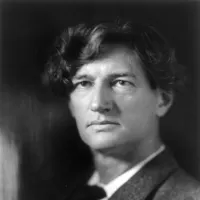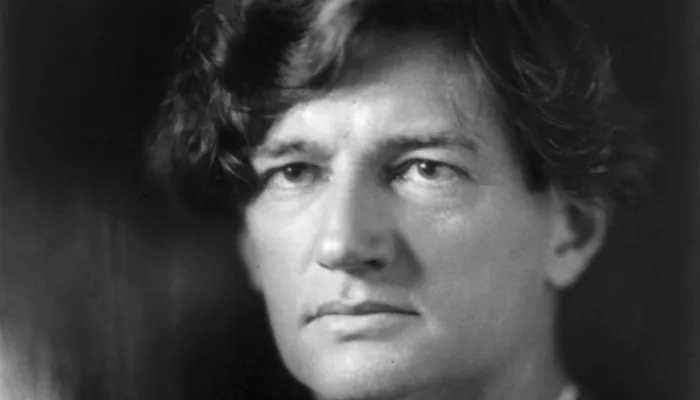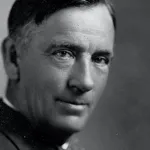The sun goes down, and over all
These barren reaches by the tide
Such unelusive glories fall,
I almost dream they yet will bide
Until the coming of the tide.
And yet I know that not for us,
By any ecstasy of dream,
He lingers to keep luminous
A little while the grievous stream,
Which frets, uncomforted of dream —
A grievous stream, that to and fro
Athrough the fields of Acadie
Goes wandering, as if to know
Why one beloved face should be
So long from home and Acadie.
Was it a year or lives ago
We took the grasses in our hands,
And caught the summer flying low
Over the waving meadow lands,
And held it there between our hands?
The while the river at our feet —
A drowsy inland meadow stream —
At set of sun the after-heat
Made running gold, and in the gleam
We freed our birch upon the stream.
There down along the elms at dusk
We lifted dripping blade to drift,
Through twilight scented fine like musk,
Where night and gloom awhile uplift,
Nor sunder soul and soul adrift.
And that we took into our hands
Spirit of life or subtler thing —
Breathed on us there, and loosed the bands
Of death, and taught us, whispering,
The secrets of some wonder-thing.
Then all your face grew light, and seemed
To hold the shadow of the sun;
The evening faltered, and I deemed
That time was ripe, and years had done
Their wheeling underneath the sun.
So all desire and all regret,
And fear and memory, were naught;
One to remember or forget
The keen delight our hands had caught;
Morrow and yesterday were naught.
The night has fallen, and the tide…
Now and again comes drifting home,
Across these aching barrens wide,
A sigh like driven wind or foam:
In grief the flood is bursting home.
The setting sun gives rise to a treasured memory of Grand Pré in this somber, rhythmic poem.
- This poem recalls a memory, but it is unclear who the “you” is in that memory. Based on your reading of the poem, what do you think the relationship is between the speaker and the person they are talking about?
- The image of Grand Pré as a body of water is used throughout the poem. Create a list of the words (adjectives, verbs, nouns) used to describe Grand Pré. What impression do you have of Grand Pré based on this list?
- The image of the setting sun is regularly referred to within the poem. How does this image affect the tone and mood of the poem?
- The introduction and the conclusion of this poem envelop the memory that is recalled by the speaker. How do the introduction and conclusion relate to one another?
- Bliss Carman has chosen to end every 2nd and 5th line of each stanza with the same word. While reciting this poem, how does that repetition affect the flow of the poem? Is there a way to recite the poem using the repetition of words without making the poem sound repetitive?
- Memories are not always remembered as they happened. Sometimes only bits and pieces remain. With that in mind, create an erasure poem using the text of “Low Tide on Grand Pré.” An erasure poem is a poem that erases letters and words from the main text in order to respond to it. Think of it like throwing the words back at the author. You may create new words, use many words, or use only a few.
Useful Link
Learn more about Grand Pré and see the landscape Bliss Carman writes of: https://www.pc.gc.ca/en/lhn-nhs/ns/grandpre/activ/paysage-landscape





